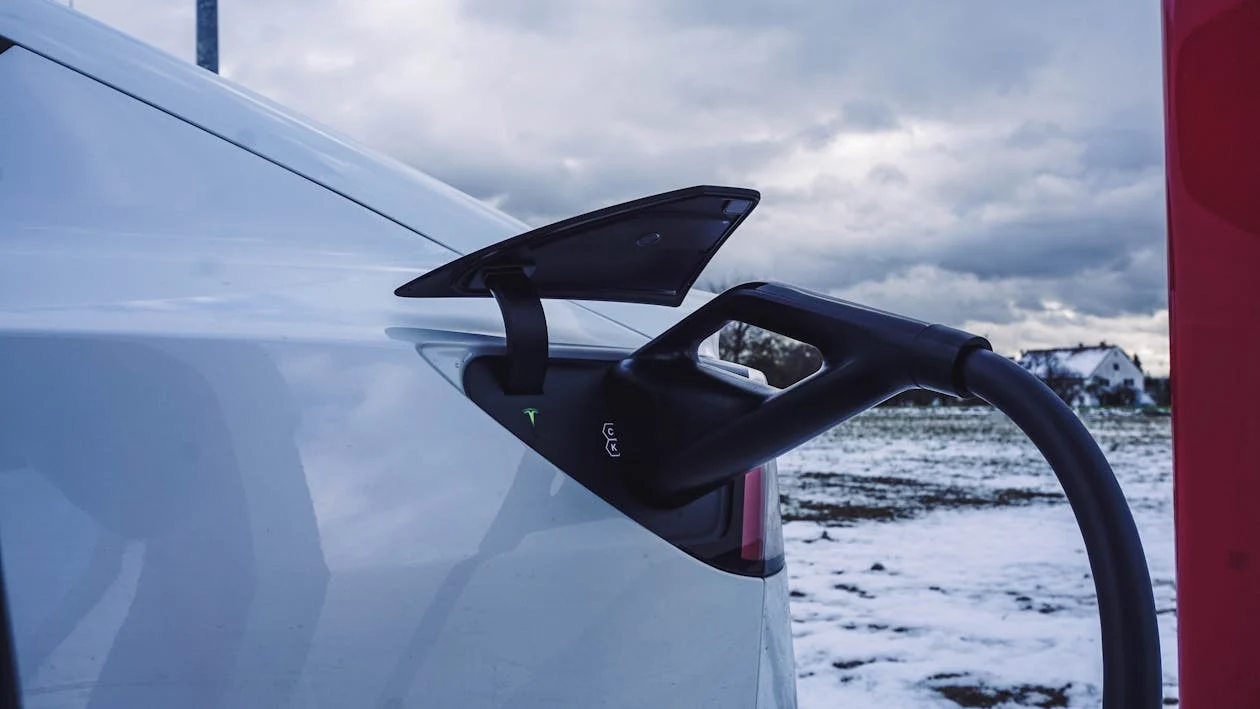Summary
- The global EV market is at a tipping point, with North America and Europe now fighting Asia
- Tesla held the biggest market share in 2023, but BYD Auto out of China came in a very close second
- Trends across all the Chinese are all upwards bound, with BYD Auto set to take over the top global market share
- Tesla is still going to be top 2, but with partnerships starting to become the way to go in the EV space to maximize impact in the entire electrification industry
- We believe that BYD Auto will indeed take the top spot, and with their aggressive international push, will bring some competition to Tesla
- Competition almost always benefits the consumer, so we don’t see this as an overly bad thing!
While most of these article here on GoodCarBadCar are focused on North America, sometimes a look at the world as a whole is appropriate. This is doubly true about the state of the EV market, as while Tesla might have been the biggest EV maker in 2023, market trends are showing that that might soon not be the case, with the biggest challenge emerging from China.
It should be noted that for this analysis, we are referring exclusively to BEVs (Battery Electric Vehicles), and not hybrids or plug-in hybrids.
No Subscription? You’re missing out
Get immediate ad-free access to all our premium content.
Get Started

